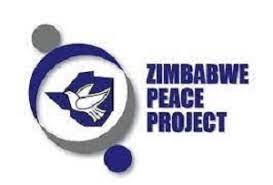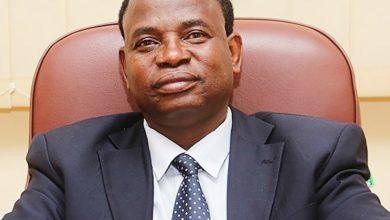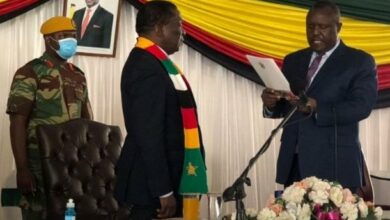PSMAS let us down: Father recounts late son’s battle with kidney failure

When a 26-year-old Dalubuhle Moyo of Tshabalala suburb in Bulawayo succumbed to kidney failure, his father challenged himself to speak out about the challenges faced by people undergoing kidney dialysis under the private health care provider, Premier Service Medical Investment (PSMI).
PSMI is a subsidiary of Premier Services Medical Society (PSMAS).
Dalubuhle Moyo was diagnosed with kidney failure in 2001 and was on dialysis until he passed on 4 February 2023.
Being the second child to die of the same problem in the family, George Moyo spoke to CITE about some of the challenges he went through while seeking medical attention for his son.
Moyo’s son’s medical needs were to be covered by PSMI.
Kidney dialysis is the process of removing excess water, solutes, and toxins from the blood in people whose kidneys can no longer perform these functions naturally.
Dalubuhle had a successful kidney transplant in 2013 but his father felt let down by his medical aid provider.
“The challenge with the transplant was that they needed the anti-rejection tablets, and the application process was tiresome. In 2012 he couldn’t do anything, I would carry him going for his dialysis, but after the transplant, he could do things on his own, drive himself for dialysis,” said Moyo.
Moyo said PSMI recently informed patients going for their dialysis at one of its centres in Bulawayo to move to other health centres as they were about to close the centre due to operational challenges.
“PSMAS has its investment arm known as PSMI which includes pharmacies and hospitals. I don’t even know when they were last efficient. These things are closing down slowly. Being told to use another centre means you have to pay money again,” he said
“The dialysis centre did not have material lines, drip water, bandages and the like, sometimes you go and these things are not available, not necessarily at the same time, you find one or two available things.”
Moyo said despite contributing to the medical aid they were having challenges accessing services.
“But when the needed material is not available you have to buy it on your own and when its not there you go to the black market. When buying in pharmacies, they want foreign currency but we don’t earn it.”
He added that it is unfortunate that even if they get the needed material for their patients, they are however not reimbursed their money back.
“The other challenge had to do with blood tests, every month end they had to test his red cells, when they had to do a transfusion half was being paid by PSMAS while we had to pay the other half in USD,” said Moyo.
“These are the things which we don’t even know where to complain.”
He added, “My concern is what is going to happen if they close, what is going to happen to those who need dialysis, dialysis in itself is an ICU.”
Moyo said private hospitals need foreign currency and they are expensive.
“Maybe it’s me, maybe I didn’t do it correctly. I remember in 2021 I sold my leave days and got money in bonds which was less than US$1000 trying to seek medical help for my son.”
“If we want things to continue like this it’s okay, but if we want things to change something has to be done as there are still people in need of dialysis,” he said.
Contacted for a comment, PSMI spokesperson, Obey Nhakura said the challenges being experienced at PSMI have been widely reported on and are already in the public domain.
“These challenges are mainly emanating from persistent cash flow constraints which have continued to adversely affect operations,” said Nhakura.
He said as of Monday 6 February 2023, only 39% of PSMI units were operational as employees find it difficult to consistently report for duty citing incapacitation.
Nhakura, however, said concerted efforts incorporating numerous relevant stakeholders are underway to rectify the situation.






